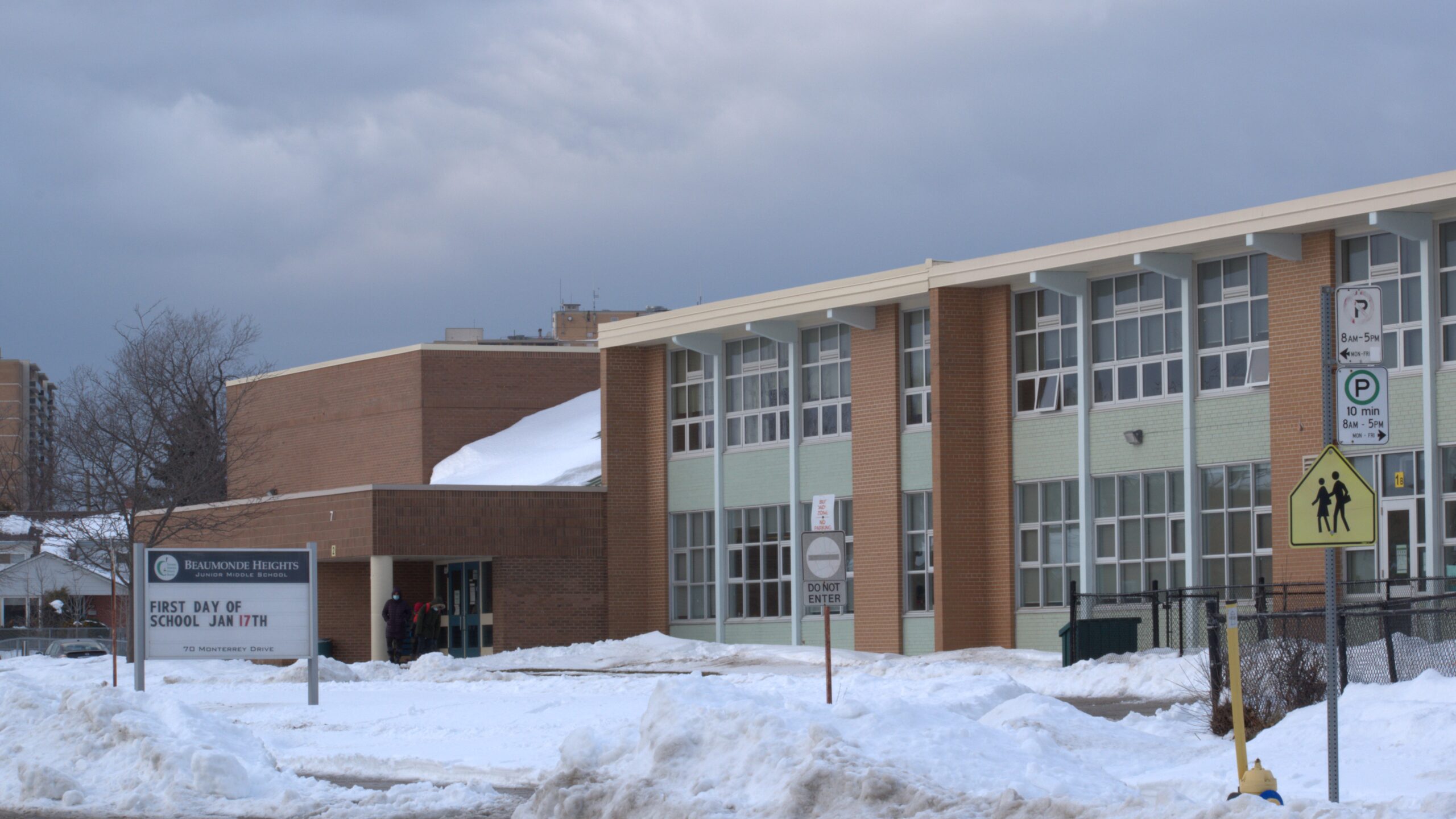Repeated disruptions and school closures because of COVID-19 creates various challenges to students, including anxiety, feelings of isolation, and an inability for focus on learning, experts say.
Schools across the province reopened for in-person classes on Jan. 19 after around two weeks of being shut down because of rising COVID-19 cases, especially those involving the Omicron variant.
The Ontario COVID-19 Science Advisory Table says that education disruption has resulted from partial and mass closures of schools over the last two years, as well as the “evolving policy and implementation responses to public health risks associated with COVID-19.”
Fiana Andrews, a school psychologist, said the uncertainty of the situation creates anxiety among students.
“Every week you’re anticipating things like, ‘are we gonna be in school next week, are we gonna be back online?’” Andrews said. “So it’s hard to feel comfortable and to have a regular routine at school.”
A recent report, COVID-19 and Education Disruption in Ontario: Emerging Evidence on Impacts, which was published by the Ontario COVID-19 Science Advisory Table last year, found closures and periods of education disruption have multi-dimensional consequences, including impacts on children’s emotional and mental wellbeing.
Carolyn Lennox, a registered clinical and school psychologist and manager of psychological services at the Toronto District School Board Learning Centre 4, said that it’s better for students to have consistency.
“Information from Toronto Public Health changes frequently,” she said. “So it’s difficult to plan ahead.”
Jennifer Pearson, a registered psychotherapist, said many students have been eager to get back to school, but the lack of continuity and fear of COVID-19 outbreaks has negatively affected their ability to focus on learning.
“I’ve seen some kids just completely fall behind,” she said. “They’re anxious about assignments, they’re struggling so much, and they’re not learning.”
Pearson, who works closely with parents, children, and adolescents, said that she has observed an increase in mental health issues among children in the last two years.
“During the pandemic, eating disorders have gone up by 30 per cent, which is a very high number,” she said.
Frequent school disruptions have also resulted in children feeling isolated, as they lack the opportunity to socialize and connect with their classmates, according to Andrews, who works closely with school children.
According to a report published by the Journal of the American Medical Association in December 2021, higher levels of online learning and screen time during school closures were associated with higher levels of depression and anxiety among children.
Similar evidence across various studies has pushed educators and experts to call for a “last closed, first open” policy for schools, keeping them open wherever circumstances allow.
The threat of outbreaks and other highly infectious variants remains a cause for concern, even as the province reports a fall in COVID-19 case numbers and students get back to their classes.
Lennox said students, teachers, and parents should work together to ensure a smooth transition to the classroom setting.
“They have to relearn the classroom routines,” said Lennox, talking about the main challenges the students face as they return to in-person learning. “They have to reengage with their teachers and their friends.”
Pearson said teachers and parents should also try to keep as much structure and routine as possible in the classroom and at home in order to adapt to these kinds of disruptions.

